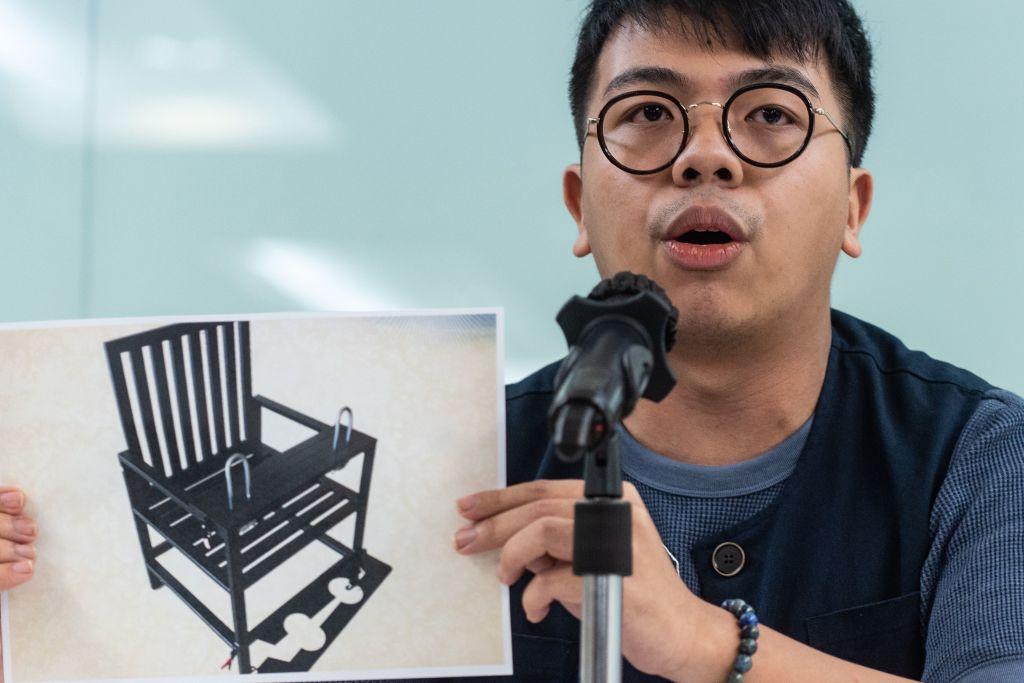HONG KONG—Hong Kong’s leading youth pro-democracy party, Demosisto, accused Chinese state security agents of using “scare tactics” to intimidate two activists briefly detained for questioning earlier this year during visits to the mainland.
China’s Ministry of State Security couldn’t be immediately reached for comment on the two incidents, while the Hong Kong government’s Security Bureau gave no immediate response to a Reuters request for comment.





